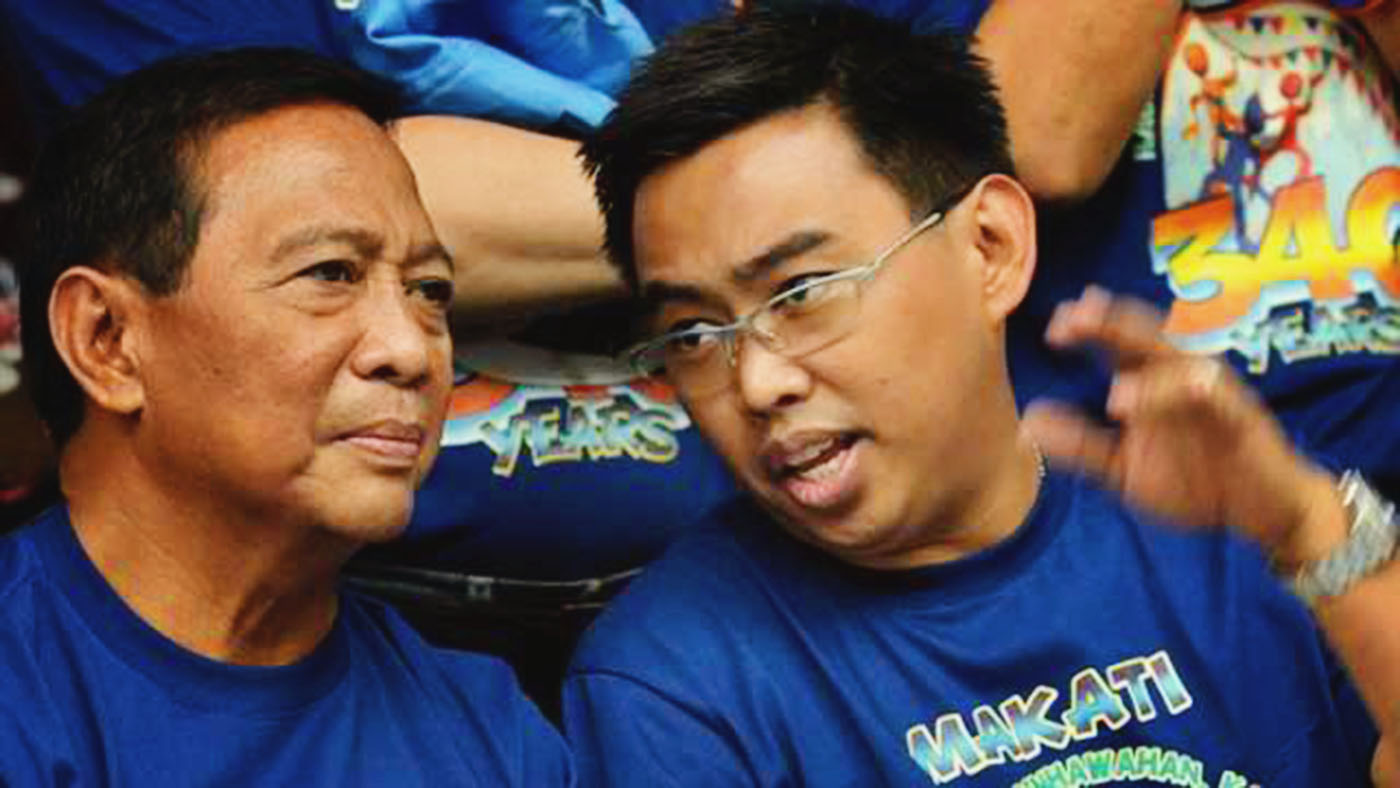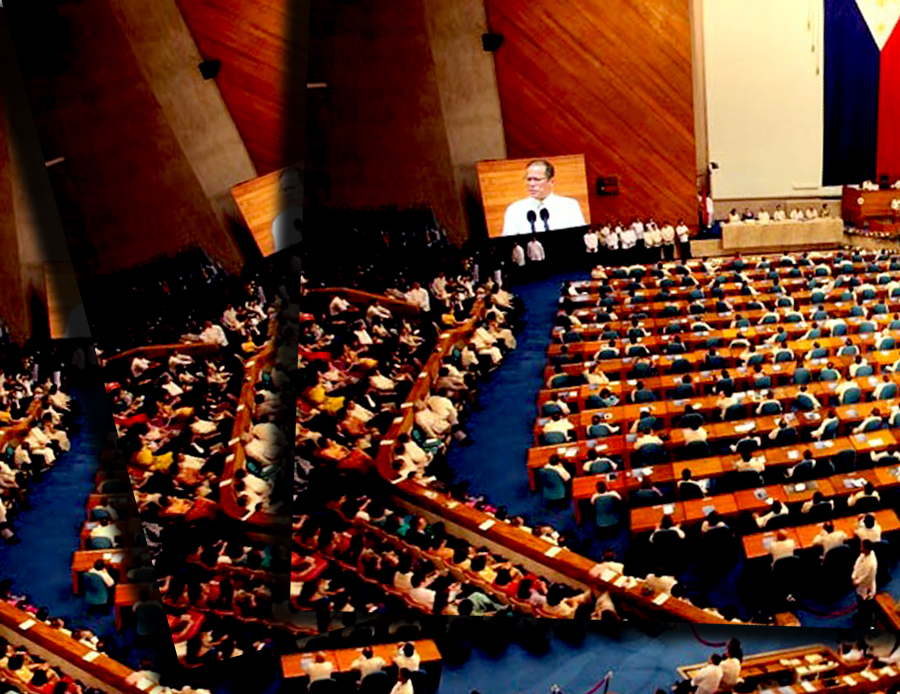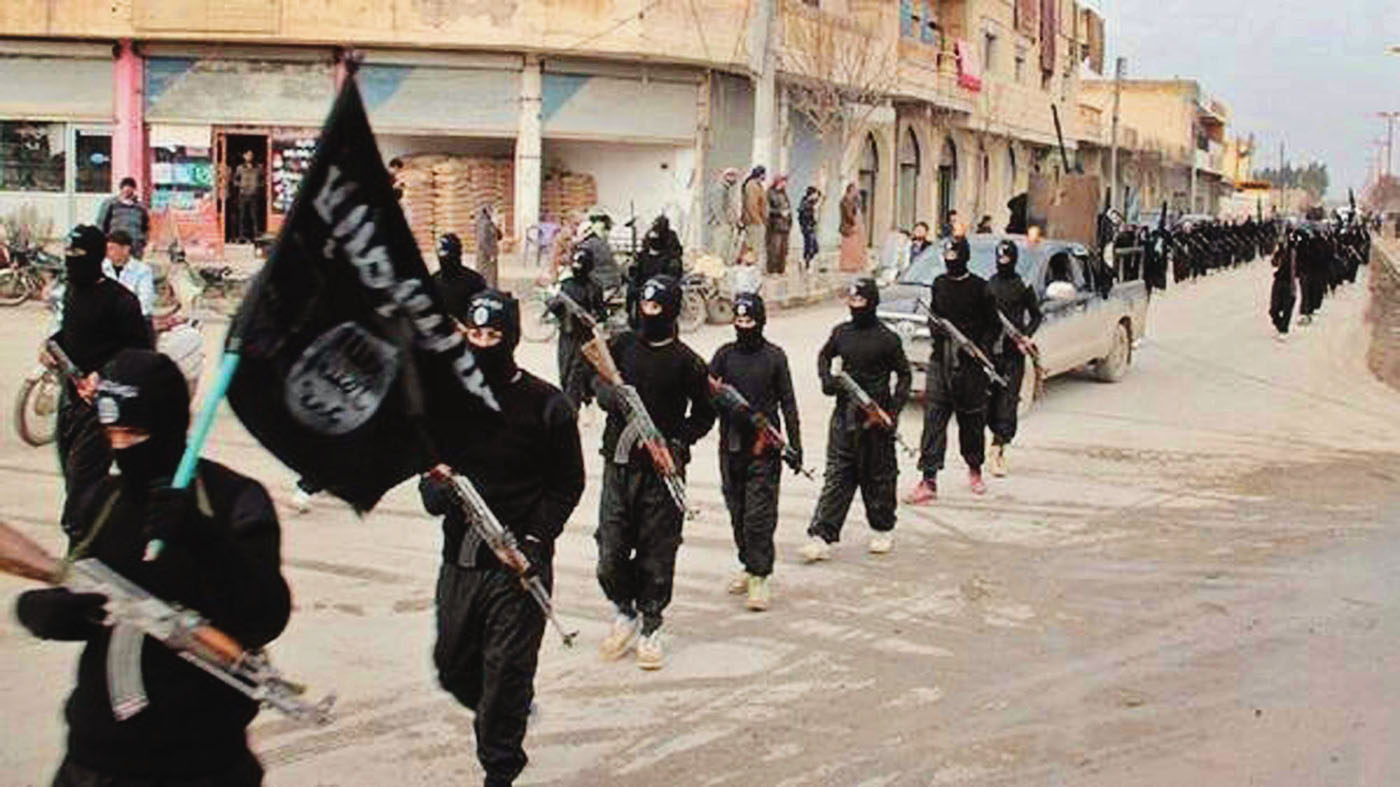BY JENELE GRACE MANE AND DARIEN MITCHELL BAS
As the Philippines once again lent its soil for the Asia-Pacific Economic Cooperation (APEC) 2015, the world witnessed 20 of APEC’s most powerful leaders and other 7,000 delegates landing on the archipelago’s shores and getting VIP treatments while making Filipinos feel like “second-class citizens” in their own country.
This year’s APEC themed “Building Inclusive Economies, Building a Better World” discussed ways to forward and cultivate micro, small and medium enterprises; guide member countries in undertaking structural reforms; put an end to terrorism and promote climate change awareness. Through it, the Philippines negotiated in pertinent partnerships that will benefit the country in different ways such as infrastructure pledges, additional overseas work opportunities and anti-illegal drug campaigns.
One of the highlights of the APEC Summit 2015 was the Economic Leaders’ Meeting, where pertinent partnerships beneficial to the Philippines were discussed. Disaster risk reduction, military modernization, anti-drug trafficking and increased job opportunities for Filipinos were a few of the arrangements made.
The world witnessed APEC’s most powerful leaders landing on the archipelago’s shores and getting VIP treatments – while making Filipinos feel like “second-class citizens” in their own country.
Japan, for example, agreed to hire more Filipino domestic workers in some of its special economic zones while pledging $2 billion for the Manila-Bulacan railway project and $2.6 million for agricultural projects in Mindanao. They also promised to deliver military equipment to the country.
Vietnam and Chile, meanwhile, partnered with the Philippines to improve the country’s disaster risk reduction management program; while South Korea vowed to aid the country’s military modernization program. The U.S.A., meanwhile, is to turn over a research vessel and a coast guard cutter to boost the capabilities of the Philippine navy. Colombia also offered to provide knowledge on anti-insurgency and anti-drug trafficking initiatives.
Despite these landmarks deals, however, many found it ironic that an event forwarding development in the country necessitated backwards and inconvenient means, such as an exorbitant budget allocation, heavy traffic, road closures, livelihood disturbances and economic losses.
The Philippines allotted P10 billion for the summit’s weeklong activities according to reports. While many critics, including former Budget Secretary Benjamin Diokno, believed this amount to be too much, the organizers argued it to be a worthy investment leading to the expected benefits of the meeting.
Many found it ironic that an event forwarding development in the country necessitated backwards and inconvenient means.
Special attention was given to securing areas around the metro due to terror attacks in Paris just a week before the summit, which according to BBC News claimed the lives of 130 people. For a week, multiple roads in the country, including major roads such as Roxas Boulevard were closed to the public, while an APEC priority lane was allocated for the foreign representatives. This caused heavy traffic in most parts of Metro Manila and even forced several motorists and commuters to walk to their destinations, despite suspension of work and classes for four days.
Airline companies were also mournful about their losses. InterAksyon reported more than 1,200 cancelled flights, both foreign and domestic, due to temporary runway closures. Because of this, the Philippine Airlines and Cebu Pacific lost a total of P870 million and P400 million respectively, according to CNN Philippines.
The homeless and the street dwellers were not able to escape from the summit preparations as well, as Rappler reported around 20,000 homeless people swept away from the streets prior to the meeting. Street dwellers, beggars and street vendors who were highly dependent on the commuting public for their daily source of income were nowhere to be found.
As soon as the world leaders stepped back into their chartered planes to fly away from Manila, it seems the Philippines has gone back to normal with its usual hustle and bustle.
Manila Auxiliary Bishop Broderick Pabillo even accused the Department of Social Welfare and Development (DSWD) of bribing street dwellers thousands of pesos to hide them from APEC’s foreign visitors. Social Welfare Secretary Dinky Soliman, however, said the operation was not part of the APEC summit preparations but was part of the department’s “year-long reach-out program.”
As soon as the world leaders and delegates stepped back into their chartered planes to fly away from Manila, it seems the Philippines has gone back to normal with its usual hustle and bustle and the sight of street dwellers everywhere. Whether or not the summit’s purported benefits outweigh its apparent inconveniences, and to whom are these gains for, remains a question yet to find its answer.
Header image from Malacañang Photo Bureau



